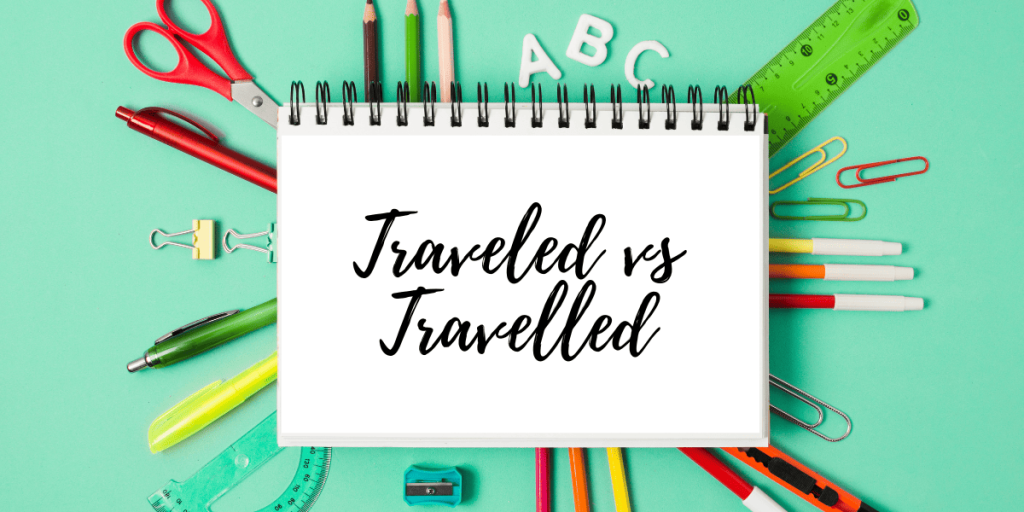Traveled vs Travelled: What’s the Difference and How to Use Them Correctly?

“Traveled” and “travelled” are classic examples of homophones — words that sound the same but have different spellings and are used in different variants of English.
This can lead to confusion, especially in writing, where regional spelling conventions matter. In this post, we’ll explain the difference between “traveled” and “travelled”, provide examples, and help you avoid mistakes with a simple quiz and tips.
What Does “Traveled” Mean?
Part of Speech: Verb (past tense of “travel”)
“Traveled” is the American English spelling for the past tense of the verb “travel,” meaning to have gone from one place to another.
Examples:
- “She traveled to New York last summer.”
- “They have traveled across the United States.”
What Does “Travelled” Mean?
Part of Speech: Verb (past tense of “travel”)
“Travelled” is the British English spelling for the past tense of the verb “travel,” meaning to have gone from one place to another.
Examples:
- “She travelled to London last weekend.”
- “They have travelled throughout Europe.”
Key Differences: Traveled vs Travelled
| Variant | Spelling | Usage |
|---|---|---|
| American English | Traveled | Used in the United States |
| British English | Travelled | Used in the UK, Australia, and other Commonwealth countries |
Common Mistakes
- ✘ “She travelled to Chicago.” (in American English) → ❌ Incorrect
- ✔ “She traveled to Chicago.” (in American English) → ✅ Correct
- ✘ “He traveled to Manchester.” (in British English) → ❌ Incorrect
- ✔ “He travelled to Manchester.” (in British English) → ✅ Correct
Easy Tricks to Remember
- Traveled: American English uses single “l”.
- Travelled: British English uses double “l”.
Quick Practice Exercise
Choose the correct spelling (traveled or travelled):
Bonus Resources
- Cambridge Dictionary: Traveled
- Cambridge Dictionary: Travelled
- Explore more English homophones → View the full category
Conclusion
Both traveled and travelled mean exactly the same thing: the past form of “travel.” The only difference is regional spelling—“traveled” in American English, and “travelled” in British English.
Now you know how to choose the correct version based on your audience or location. Simple, right?
📲 Found this helpful? Share it with friends or explore more homophones and spelling tips on our site!
Frequently Asked Questions (FAQs)
Yes. Both are pronounced /ˈtræv.əld/ and refer to the same action. The difference lies in spelling.
It's not technically wrong, but “travelled” is the preferred spelling in the UK and other Commonwealth countries.
It’s understood, but “traveled” is the standard spelling in American English. Stick to one style consistently.
Yes! Examples include “canceled/cancelled”, “modeled/modelled”, and “labeled/labelled”. The difference is always regional.

Leave a Reply